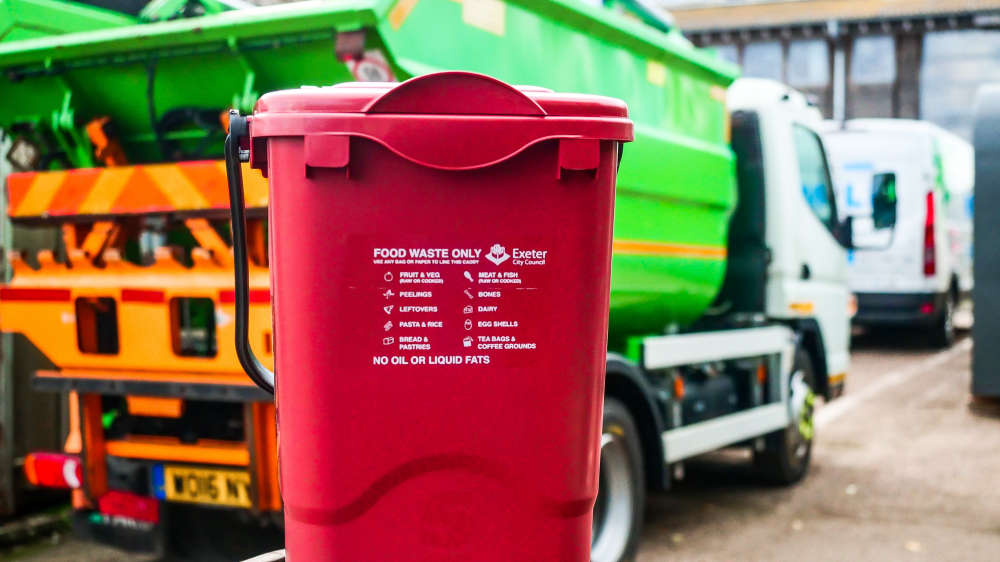
Green councillor slams collection ratio
Exeter’s recycling rate has been slammed by a councillor who claims it is “ruining” the city’s reputation.
Just 25.5 per cent of waste was recycled in the city in the last financial year according to new county-wide statistics, down by 2.3 percentage points. It is the worst rate in Devon and Exeter’s lowest since 2004.
By contrast, the county’s average rate is 50 per cent with neighbouring East Devon reaching 61 per cent – one of the highest in the country.
While Exeter does continue to produce the lowest amount of waste per household in Devon, Councillor Diana Moore (Green, St David’s), co-leader of the opposition Progressive Group on the city council, has criticised the recycling rate.
“It shows they [Exeter’s Labour-run council] are not giving this the priority it deserves,” she said. “People really want their food waste collected. They want the recycling service to be improved. They want to be able to have their glass collected at the kerbside.”
A food waste collection scheme is gradually being rolled out across Exeter and extended in the coming weeks, but the vast majority of residents in the city still have to put unwanted and leftover food in with their general black bag waste.
Furthermore, dry recycling is only collected fortnightly, despite most of Devon offering weekly collections, while glass has to be taken to bottle banks.
The city council recently said it was “difficult to provide a precise timetable for the full rollout of food waste collection across the city,” citing problems including driver shortages and a current limit to the amount of food waste that can be stored at its depot before being disposed of.
But Cllr Moore lamented what she believes are repeated “excuses,” calling for improved leadership, discussions with unions about flexible working and to look into greater collaboration with neighbouring councils.
She said the recycling rate is a “real disservice to Exeter because it’s ruining our reputation, and all the commitments that are made to tackling climate change are going up in hot air because we’re not actually doing the essential things that would really make a difference.”
Cllr Moore’s comments come as the council revealed that phase three of the food waste rollout is set to begin shortly with 1,146 households in Beacon Heath being added. An additional 709 properties in the ward and in Pinhoe will follow a short while later.
Each household will receive a red 23-litre kerbside caddy, a five-litre grey kitchen caddy and a letter explaining how the collections will work.
The first phase began last year, with 1,300 properties in Alphington receiving the first weekly food waste collections, followed by the rest of Alphington months later.
Cllr Ruth Williams (Labour, Mincinglake & Whipton), lead councillor for recycling, waste management and waterways, said: “Food waste collection is a priority for improving Exeter’s recycling rates from the 25.5 per cent reported for 2021/22 period when no waste food collection was available to Exeter residents.
“We anticipate that the current food waste collections together with further planned rollout next year will lead to a dramatic increase in Exeter’s recycling rates given 47 per cent of Exeter’s residual (black bin) waste comprises organic material.”
On the timescale for the food waste service, Cllr Williams added: “We will be including other areas in a phased manner and extending the rollout as and when we have the vehicles, drivers and containers available.
“Our message is ‘please be patient with us’. It’s great to be adding more properties but this will take time as it is a big undertaking for the whole of the city – and we will be in touch about when your street is about to be added to the rollout.”
A spokesperson said: “Exeter City Council continues to be the best performing of all the Devon districts in producing the least amount of waste per head and that this has decreased by a further 3 kg in 20/21 to 293kg.”
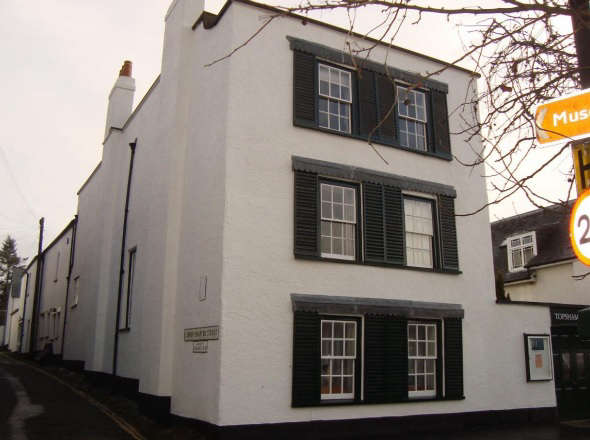 Topsham’s ‘beautiful’ museum to be restored
Topsham’s ‘beautiful’ museum to be restored
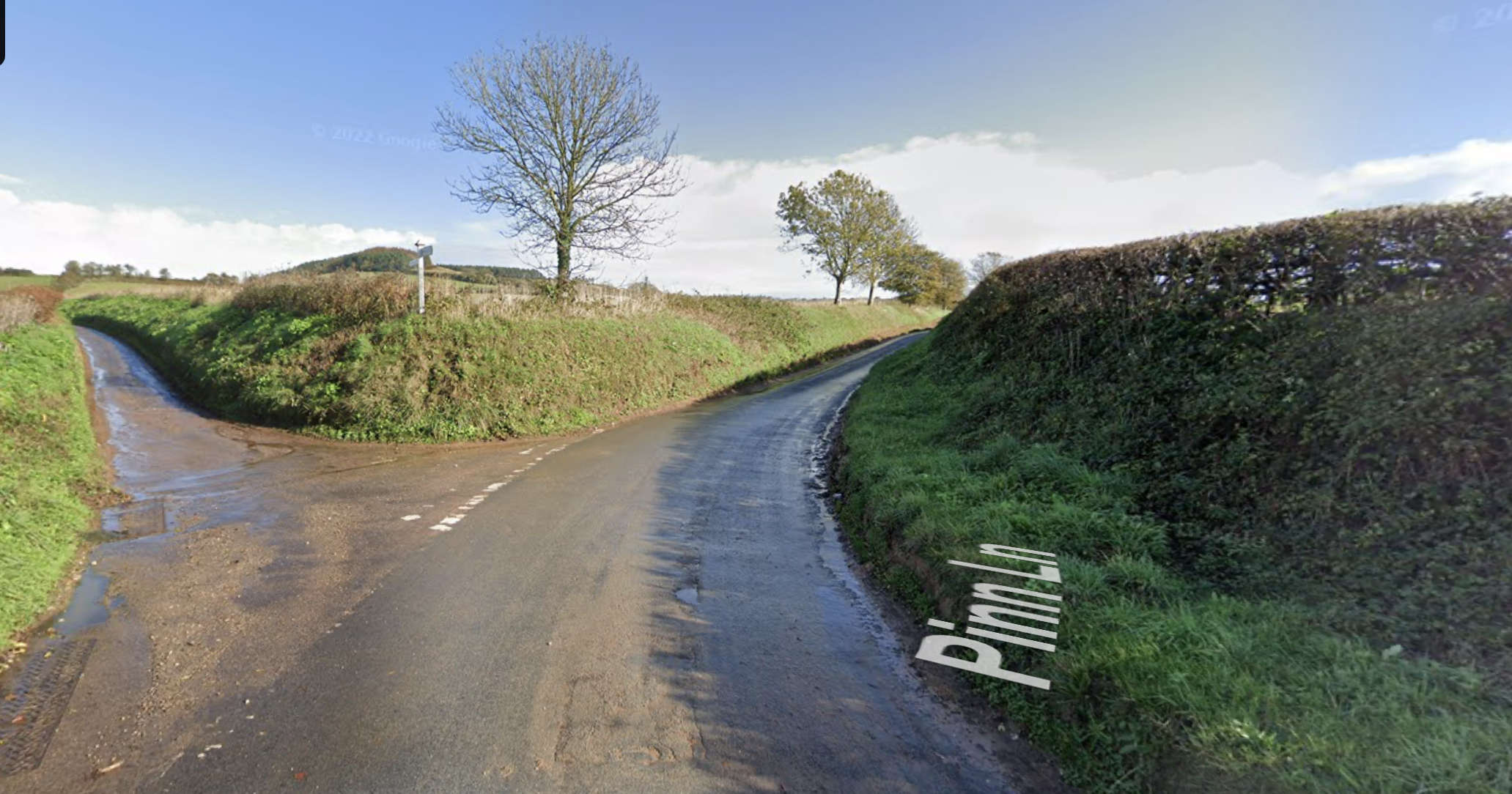 Teenager killed in rural East Devon crash
Teenager killed in rural East Devon crash
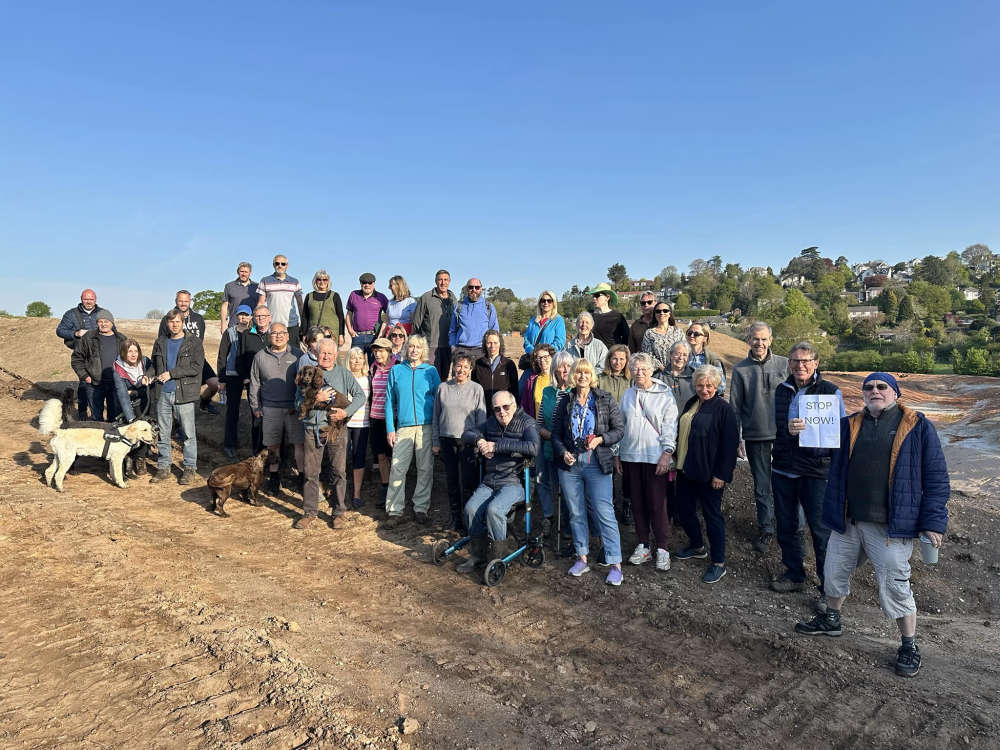 Protest as work stops on controversial Newton Abbot project
Protest as work stops on controversial Newton Abbot project
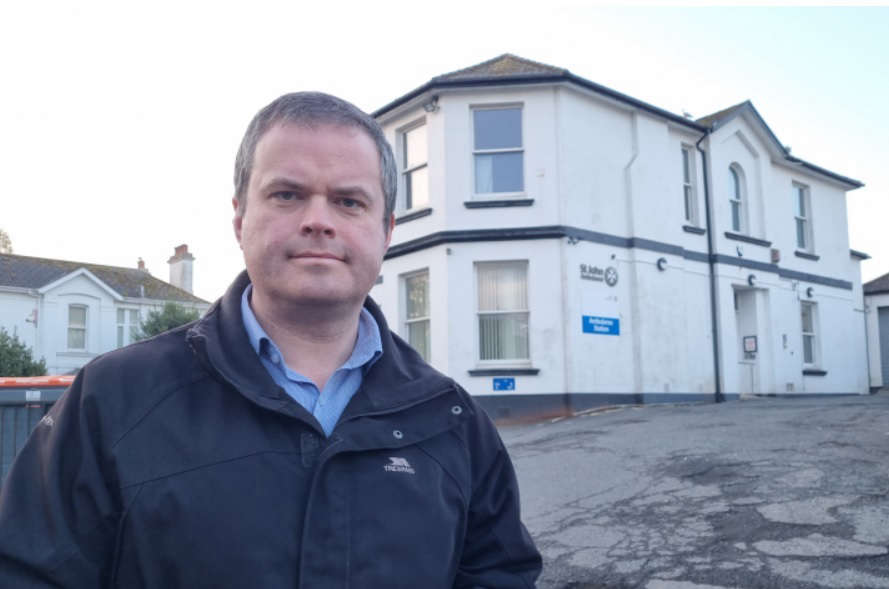 Petition launched to save Paignton ambulance station
Petition launched to save Paignton ambulance station
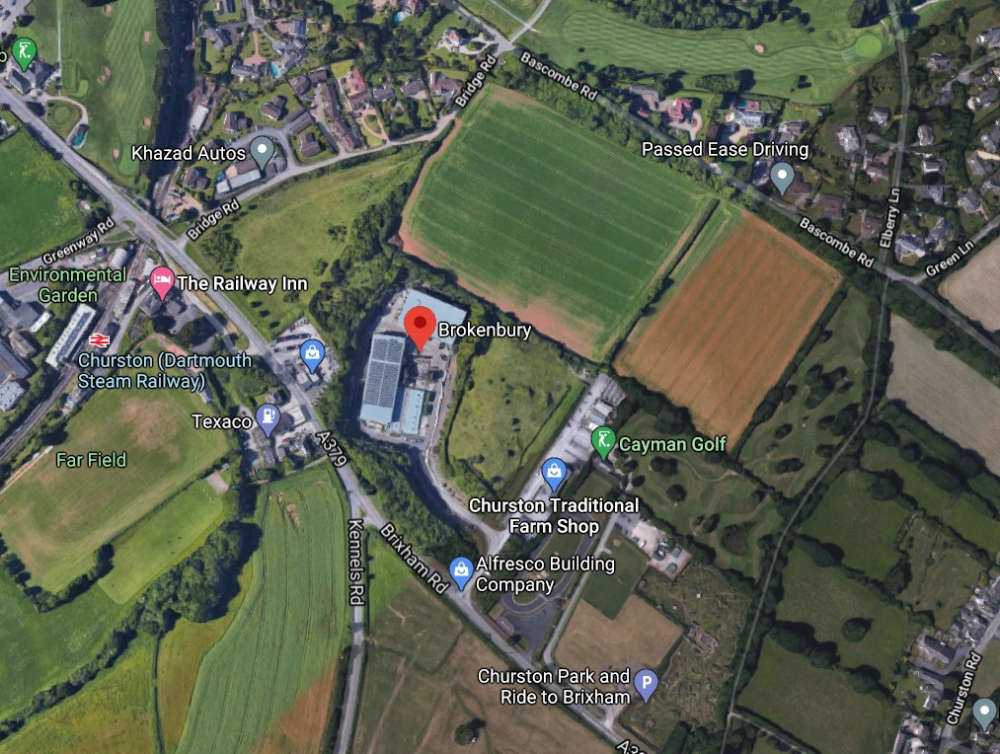 Official challenge to Torbay solar farm project
Official challenge to Torbay solar farm project
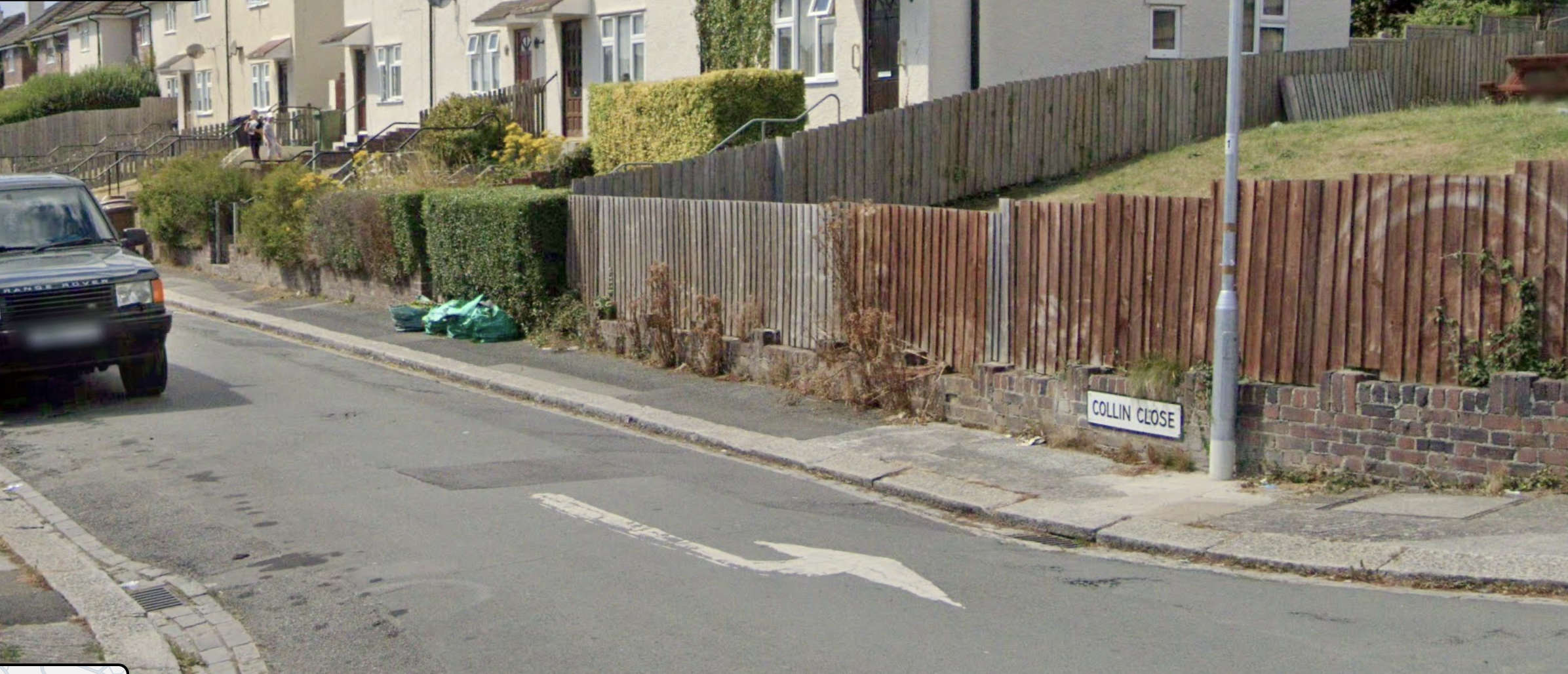 Two people injured in suspected Plymouth stabbing
Two people injured in suspected Plymouth stabbing
